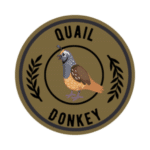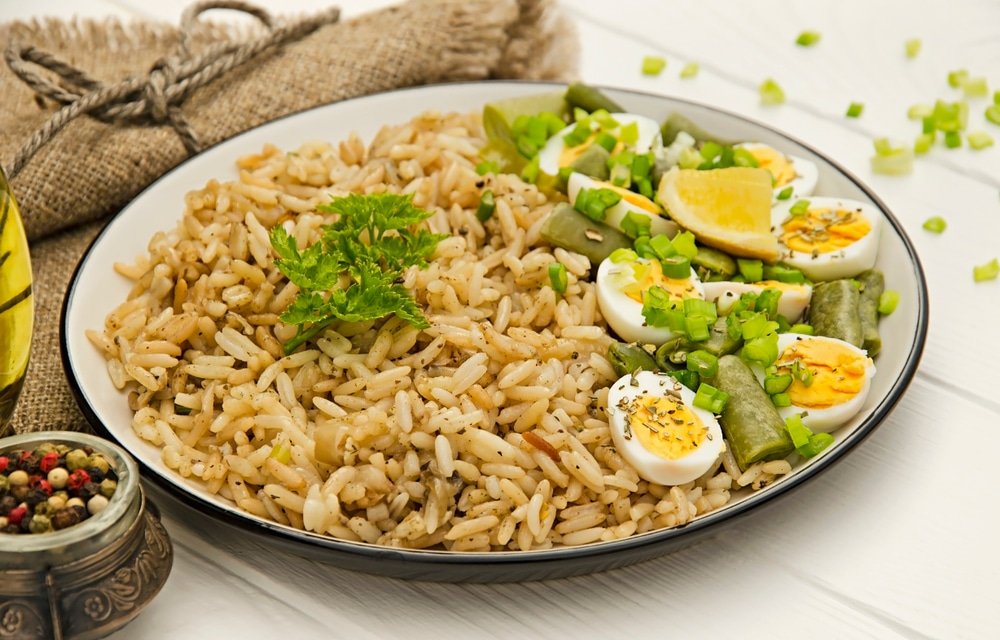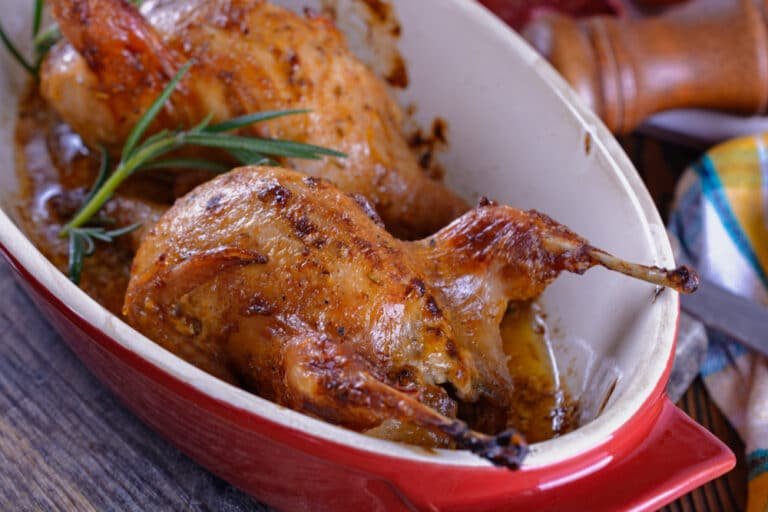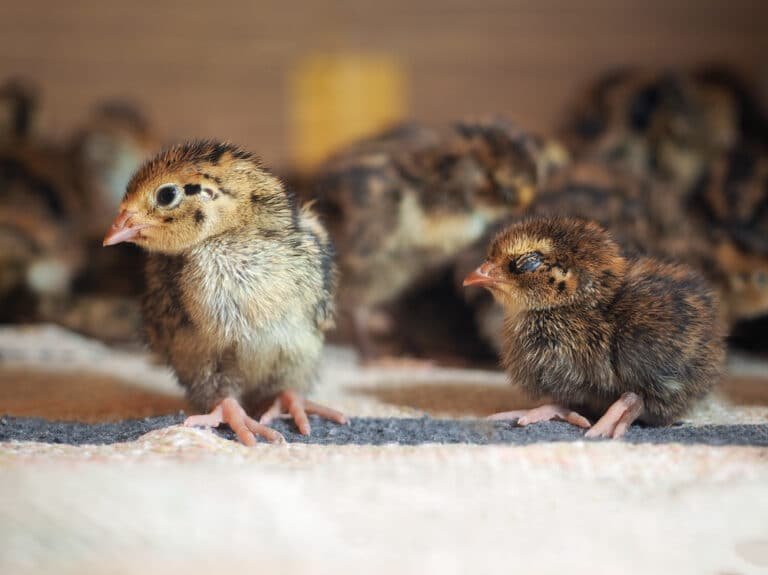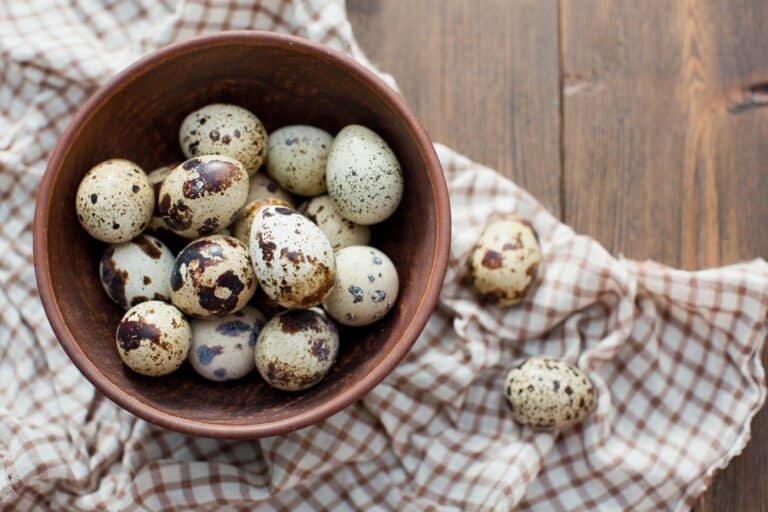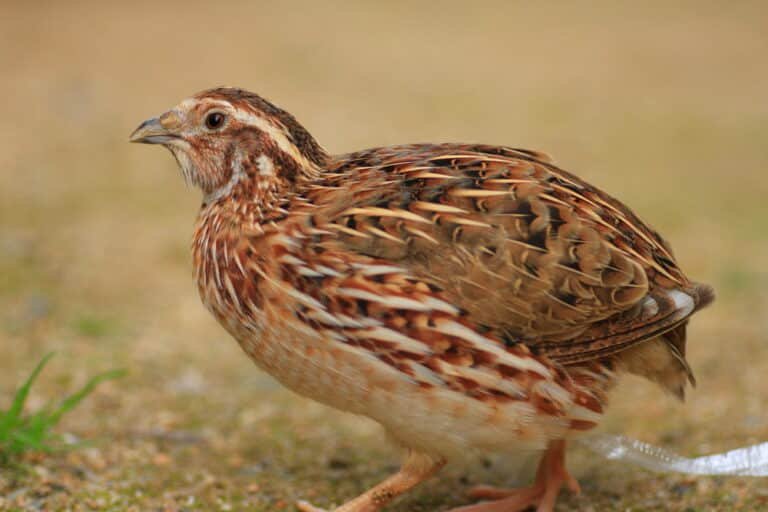Quail Nutrition Decoded: The Best Feed Options for Thriving Flocks
Quail, small and charming birds, require proper nutrition to thrive and maintain optimal health. Like any other living organism, their dietary needs are crucial in their growth, development, and overall well-being. In this blog, we are going to discuss quail feed.
Providing quail with a well-balanced diet ensures their physical health and enhances their reproductive performance and productivity. In this comprehensive article, we will delve into the world of quail feed, exploring the intricacies of their nutritional requirements and the various options available in the market.
Importance of proper nutrition for quail
Proper nutrition is paramount when it comes to raising healthy quail. These small birds have specific dietary needs that must be met to support their physiological functions effectively.
A well-rounded diet not only aids in feather development but also helps with muscle growth, bone strength, and immune system function. By providing the right nutrients in appropriate quantities at different stages of their lives (chicks, growers, layers), quail farmers can ensure optimal growth rates and maximize egg production.
Moreover, an inadequate or imbalanced diet can lead to various health issues such as poor feather quality, weakened immune systems leading to higher susceptibility to diseases, decreased fertility rates in breeding pairs, and reduced egg production. Therefore, understanding the specific nutritional requirements of quail is essential for both hobbyists and commercial breeders alike.
Different types of quail feed available in the market
The market offers a wide range of options for commercial quail feeds. Each type is formulated considering the nutritional needs of these avian creatures at different stages of life.
The most common forms include pelleted feeds and mash feeds. Pelleted feeds are manufactured by processing carefully selected ingredients through a high-pressure extrusion process that results in uniform pellets.
These pellets typically contain a balanced combination of protein, carbohydrates, fats, vitamins, and minerals to meet the specific nutritional requirements of quail. The advantage of pelleted feeds is their convenience – they are easy to feed and reduce waste compared to other forms.
However, they offer limited flexibility in ingredient selection. On the other hand, mash feeds consist of finely ground ingredients that have not undergone the extrusion process.
This form allows greater flexibility in selecting and customizing ingredients according to specific needs or preferences. However, mash feeds carry a higher risk of wastage as birds may selectively feed on preferred ingredients, resulting in imbalanced nutrition intake.
It also requires careful storage to maintain freshness. Understanding the importance of proper nutrition for quail is vital for their well-being and productivity.
Farmers can decide what will best serve their flock’s needs by exploring different types of commercial quail feed available in the market. The following sections will dive deeper into quail dietary requirements and discuss homemade feed options.
Understanding Quail Dietary Needs
Nutritional Requirements of Quails at Different Life Stages
Like any other living beings, quail have distinct nutritional requirements that vary depending on their life stage. These requirements are crucial in ensuring their optimal growth and development. For quail chicks, a high-protein diet is essential for proper feathering and muscle development.
The protein content should be around 28-30% during the first few weeks of their lives. As they transition into the grower stage, the protein levels can be reduced to around 20-24% while maintaining a balanced diet.
When quail reach the layering stage, their nutritional needs shift towards supporting egg production. During this stage, a layer feed with approximately 18-20% protein is recommended to enhance egg quality and quantity.
Essential Nutrients for Quails: Protein, Carbohydrates, Fats, Vitamins, Minerals
To meet their dietary needs and maintain optimal health, quail require a well-balanced diet that provides essential nutrients. Protein serves as the building block for growth and development in quail. It is necessary for muscle formation and feather production.
High-quality protein sources like soybean or fish meal are commonly used in commercial feeds to ensure proper nutrition. Carbohydrates provide energy for daily activities in quail.
They are converted into glucose to fuel various bodily functions. Whole grains such as corn or millet are excellent sources of carbohydrates for quail; it’s important to balance them with other nutrients to prevent excessive weight gain.
Fats provide energy and promote nutrient absorption in quail’ bodies. Including fat sources like vegetable oil or animal fat helps maintain healthy skin and feathers while boosting overall energy levels.
Vitamins and minerals are also crucial components of a quail’s diet as they contribute to various physiological functions. Vitamins, such as vitamins A, D, and E, play roles in bone development, vision, and reproductive health.
Key minerals like calcium and phosphorus are necessary for strong eggshells and proper skeletal growth. Ensuring an adequate supply of these micronutrients is essential for the well-being of quail.
Factors Affecting Quail Feed Consumption: Environmental Conditions, Breed Differences
Several factors influence the feed consumption of quail. Environmental conditions play a significant role in determining their appetite and overall feed intake.
Factors like temperature, humidity levels, air quality, and lighting conditions can affect how much feed quail consume. Extreme temperatures or poor ventilation may lower their appetite, while adequate lighting encourages normal feeding behavior.
Breed differences also come into play when considering quail feed consumption. Different breeds’ varying growth and metabolic rates can impact their dietary needs and preferences.
Some breeds are more efficient at converting feed into weight gain or egg production than others. Therefore, it is crucial to consider breed-specific requirements when formulating feeds for different quail.
Understanding quail’ nutritional requirements at different life stages makes the importance of essential nutrients like proteins, carbohydrates, fats, vitamins, and minerals apparent. Additionally, acknowledging the factors that affect quail feed consumption helps ensure optimal feeding practices for these remarkable birds.
Pelleted feeds: Advantages and disadvantages
Pelleted feeds are a popular option for providing nutrition to quail due to several advantages. One significant advantage is the use of high-quality ingredients and balanced formulations.
These feeds are formulated by experts who carefully select ingredients that meet the specific nutritional requirements of quail at different life stages. Including essential nutrients such as protein, carbohydrates, fats, vitamins, and minerals ensures that pelleted feeds provide a well-rounded diet for quail.
Another advantage of pelleted feeds is their ease of feeding and reduced waste. The pellets are designed to be uniform in size and shape, making them easy for quail to consume.
This uniformity promotes efficient eating patterns among the flock, reducing feed wastage. Additionally, the compact nature of pellets reduces the risk of spillage or scattering during feeding, further minimizing waste.
However, one limitation of pelleted feeds is the limited ability to select specific ingredients. The manufacturing process involves grinding all ingredients into fine particles before compressing them into pellets.
This homogenization ensures consistent nutrition within each pellet but eliminates any possibility of selective feeding based on individual preferences. While this may not be a concern for most quail owners, it does restrict options for those who prefer or require specific ingredient choices in their quail feed formulation.
Mash feeds: Advantages and disadvantages
Mash feeds offer an alternative option for providing nutrition to quail with distinct advantages over pelleted feeds. One significant advantage is the flexibility in ingredient selection and customization offered by mash feeds. Quail owners can choose specific ingredients based on factors such as cost-effectiveness or availability in their region.
This customization allows them to cater to specific dietary requirements or preferences while formulating a well-balanced diet for their birds. However, it is important to note that this flexibility comes with an increased risk of wastage and selective feeding.
Mash feeds are not as compact as pellets and often come in a loose, crumbly form. Quails tend to pick and choose certain ingredients or particles they prefer, which can lead to selective feeding.
This behavior may result in imbalanced nutrition if certain nutrients are consistently overlooked. In addition, mash feeds can be more prone to wastage due to their loose nature.
Quails may inadvertently scatter or kick the feed out of their feeding trays, resulting in unnecessary food loss. To mitigate this issue, proper feeder design and management practices should be implemented to minimize waste and ensure all quail have access to adequate feed.
Homemade Quail Feed Recipes
Understanding the basics of formulating homemade quail feed
When formulating homemade quail feed, understanding the basic principles is crucial. By customizing their diet, quail owners can ensure that their birds receive all the necessary nutrients for optimal health and productivity. Balancing protein sources, incorporating energy sources, and including essential vitamins and minerals are key to creating a well-rounded homemade quail feed.
Balancing protein sources (soybean meal, fish meal)
Protein is essential to a quail’s diet, supporting growth, feather development, and reproductive functions. When formulating homemade quail feed, it is important to incorporate high-quality protein sources.
Two excellent options are soybean meal and fish meal. Soybean meal is a widely used plant-based protein source that provides essential amino acids for quail.
It has a balanced amino acid profile and is readily available in many regions. On the other hand, fish meal offers an animal-based protein source rich in omega-3 fatty acids that promote good overall health.
Combining these two ingredients in appropriate ratios can be highly beneficial to achieve a well-balanced protein composition in homemade quail feed. This allows for optimizing essential amino acid profiles while ensuring sufficient levels of digestible proteins.
Incorporating energy sources (corn, millet)
Energy sources are vital in fueling metabolic processes and sustaining overall activity levels in quail. Corn and millet are two energy-rich ingredients suitable for homemade quail feeds. Corn is a staple grain widely available across various regions.
Its high carbohydrate content makes it an excellent energy source for quail. Corn also adds bulk to the feed mixture without compromising its nutritional value.
Millet is another valuable ingredient that offers energy and a range of essential nutrients. It is a gluten-free grain that contains essential amino acids, antioxidants, and minerals such as magnesium and phosphorus.
Additionally, millet has a favorable starch content that aids in digestion. Including corn and millet in homemade quail feed recipes ensures the birds receive ample energy to support growth, egg production, and overall vitality.
Including essential vitamins and minerals
To ensure a well-rounded homemade quail feed, it is crucial to include essential vitamins and minerals. These micronutrients are vital for maintaining proper bodily functions and preventing nutrient deficiencies. Vitamins such as vitamin A, vitamin D3, vitamin E, and various B vitamins are all important for quail health.
They contribute to immune support, bone development, reproductive performance, feather quality, and overall vitality. Minerals like calcium, phosphorus, potassium, sodium, iron, zinc, copper, and selenium are critical for maintaining optimum physiological functions in quail.
Calcium is particularly crucial for laying hens to ensure strong eggshells. Incorporating commercially available vitamin-mineral premixes specifically formulated for quail or performing thorough research on individual micronutrient requirements during different life stages of these birds will help achieve the desired balance of vitamins and minerals in homemade quail feed.
Recipes for homemade quail feeds
Creating well-balanced homemade quail feed recipes requires careful consideration of nutritional requirements at various life stages: starter feed for young chicks (<6 weeks old), grower feed for juvenile quail (6-20 weeks old), and layer feed for mature hens (>20 weeks old). A high-protein starter feed recipe may consist of soybean meal (30%), fish meal (15%), corn (40%), and millet (10%), with added calcium carbonate (2%) to meet their calcium needs during growth.
This mixture provides the necessary nutrients to support healthy development in young quail. For grower quail, a balanced feed recipe could include soybean meal (20%), fish meal (10%), corn (45%), millet (15%), wheat bran (5%), and calcium carbonate (3%).
This combination ensures steady growth while providing adequate energy for their evolving needs. To support optimal egg production in laying hens, a layer feed recipe may contain soybean meal (18%), fish meal (7%), corn (35%), millet (15%), wheat bran (5%), calcium carbonate (3.5%) with the addition of oyster shell or ground limestone as a supplementary source of calcium.
It is important to note that these recipes serve as general guidelines and individual adjustments may be necessary based on specific quail breeds or environmental factors. Regularly monitoring and fine-tuning homemade quail feed recipes will ensure the birds’ nutritional requirements are effectively met.
Quirky Quail Feed Facts
Unconventional but Nutritious Treats for Quails
Quails, curious creatures, often enjoy a variety in their diet. While commercial quail feed provides them with all the essential nutrients they need, offering them some unconventional treats can be fun and beneficial. Dried mealworms are an excellent choice for quail snacks as they are packed with protein, which helps support their muscle development and overall health.
These crunchy treats are readily available in pet stores or can be ordered online. Sprinkle a handful of dried mealworms in their feeding tray as an occasional high-protein indulgence that will delight your feathered friends.
Fruits such as Watermelon or Berries as Occasional Treats
Introducing fruits into a quail’s diet can provide nutrition and entertainment. Quails particularly love watermelon due to its sweet and juicy flesh. Rich in vitamins A and C, watermelon serves as a refreshing treat during hot summer days while aiding in hydration.
Cut the watermelon into small pieces and place them in the quail’s feeding tray for an occasional fruity delight. Another fruit option that quail relish is berries.
Whether it’s strawberries, blueberries, or raspberries, these tiny bursts of flavor provide essential antioxidants that help support the quail’s immune system. Chop the berries into smaller portions to make them easily accessible to your feathery companions.
Quirky Habits
Observing the habits of quail can be quite fascinating! One quirky behavior commonly seen among these birds is dust bathing.
Quails enjoy digging shallow holes in dry soil or sand, rolling around, and flapping their wings vigorously to cover themselves in dust. This peculiar habit serves multiple purposes: it helps them keep their feathers clean and free from parasites, regulates body temperature, and provides a form of social bonding among quail.
Additionally, quail exhibit communal nesting habits. It is common to find several females laying their eggs in the same nest.
This behavior helps protect the eggs by confusing potential predators and increases the chances of successful hatching. Such cooperative breeding strategies make quail unique among other avian species.
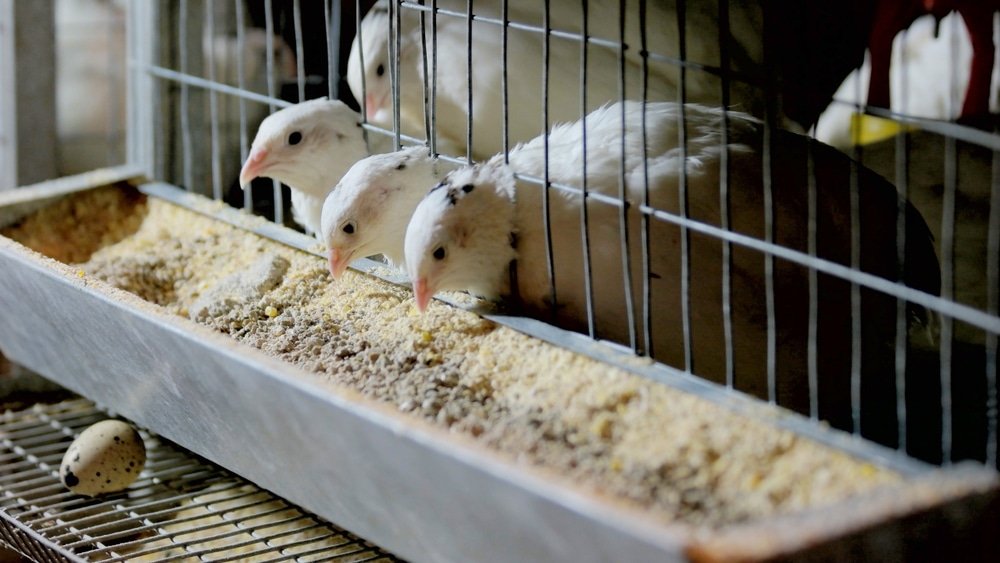
Conclusion
Quail feed is crucial for maintaining the health and well-being of these captivating birds. While commercial feeds provide a balanced diet that meets their nutritional requirements, adding some variety to their meals with unconventional treats such as dried mealworms or fruits like watermelon and berries is always enjoyable. Observing the quirky habits of quail can provide endless entertainment and deepen our appreciation for these remarkable creatures.
By offering a diverse range of nutritious treats and observing their fascinating behaviors, we can enhance the lives of our quail companions while strengthening our bond with them. So, embrace these quirks, get creative with their snacks, and enjoy being part of this extraordinary journey with your charming quail.
